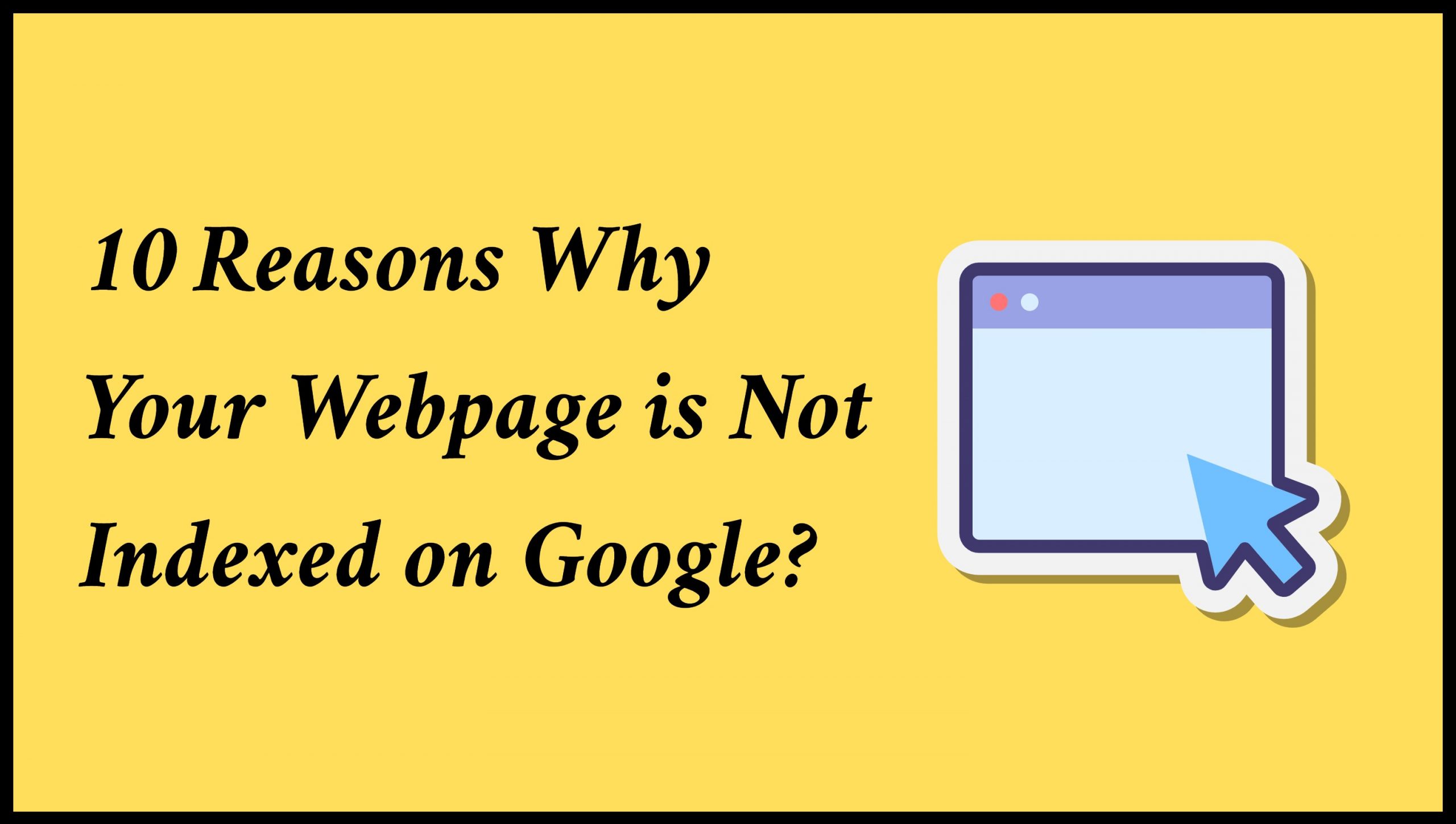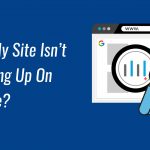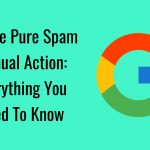10 Reasons Why Your Webpage is Not Indexed on Google

Why Your Webpage is Not Indexed on Google
Having your webpage indexed by Google is key to getting it found in search results. But what if your site isn’t showing up? Here are 10 common reasons why Google might not be indexing your webpage.
1. Website Not Mobile-Compatible
Nowadays, Google gives preference to websites that are mobile-friendly. If your site does not have a mobile version, then there are pretty low chances that Google will index your website properly or if it does, it shall be placed at the bottom of ranking results.
The way to solve this is to have a website with a responsive design.
2. Page Load Time Is Too Slow
When a website is slow to load — especially on mobile — it ruins the user experience, and nobody likes an unhappy user, least of all Google. Google just may decide that your lagging website isn’t even worth proper indexation.
Fortunately, there are a number of ways to accelerate. For existing content, compress large images, improve the script, and use browser caching to save time for returning visitors. Alternatively, you could try working with a content delivery network (CDN) which allows your end users to access the content faster.
3. Low-Quality Content
Google may deny indexing your page entirely if it thinks the content on this page is too thin, outdated, or overstuffed with keywords not relevant to the text.
So, you should aim to write quality, informed content that has a purpose and provides value to others. Consider the questions your audience will have, and provide clear answers to them.
4. Noindex or Nofollow Meta Tags
By adding a “noindex” meta tag, you tell Google not to index the page. Other nofollow tags will also keep search engines from crawling many links.
Just have a look at the meta tags present on your site so that they are not mistakenly telling Google that it should stay away from the page. Removing it will allow Google to index your page.
5. You’ve Been Hit by a Google Penalty
If you have violated any of Google’s guidelines, then your website might have received a penalty. Some shady SEO practices can lead to these penalties.
Practice ethical SEO to avoid the penalties, but if you have been hit by one, there are tools available like Google Search Console that will help you find where things went wrong and help you fix that.
6. Plugins Blocking Googlebot
If you use plugins on your website, particularly for security, caching, or SEO purposes, you might unknowingly block Googlebot from crawling your page. Googlebot is Google’s web crawler, and if it can’t access your site, your page won’t get indexed.
The solution? Head into your plugin settings and make sure they aren’t blocking Googlebot. Most plugins have clear options to allow or disallow crawling, so it should be easy to correct.
7. No Sitemap
A sitemap is an important tool for a search engine because it lays out the details of the site and its components in a designated order. Without a sitemap, Google may have a hard time locating all the pages and indexing them.
You can use some CMS or have your site developed to create sitemaps. Once you create your sitemap, ensure that you attach it to the Google search console to facilitate Google indexing of the desired pages.
8. Poor Technical SEO
Poor technical SEO practices come with a risk whereby, it makes it difficult or impossible for Google to crawl the website and hence its indexation will not be proper.
Search engines like Google Search Console can help you monitor your site’s performance. Most of these audits will allow you to know the technical problems that are negatively affecting your site and you will be able to solve them before they escalate.
9. Weak E-E-A-T Signals (Experience, Expertise, Authoritativeness, Trustworthiness)
Google has a system called E-E-A-T to determine how reliable and valuable your site is. If your site doesn’t show strong E-E-A-T signals, Google might skip indexing it.
So, how do you strengthen these signals? Start by creating accurate, well-sourced content. Build backlinks from trustworthy websites, and include detailed information about who you are and what your site does.
10. Domain Not Added to Google Search Console
Google may be unaware of your website if it isn´t added to Google Search Console yet.
This can be addressed by adding your domain to the Google Search Console. Once added and verified, you can submit a sitemap for indexing, and track the performance of your submissions. Keep an eye out for any issues that are preventing your pages from being crawled.
In short, there are a lot of reasons why Google might not be indexing your page, but the bright side is that most of these issues have solutions. Therefore, you need to ensure that every step you take aims towards assisting Google to crawl and index your website.



